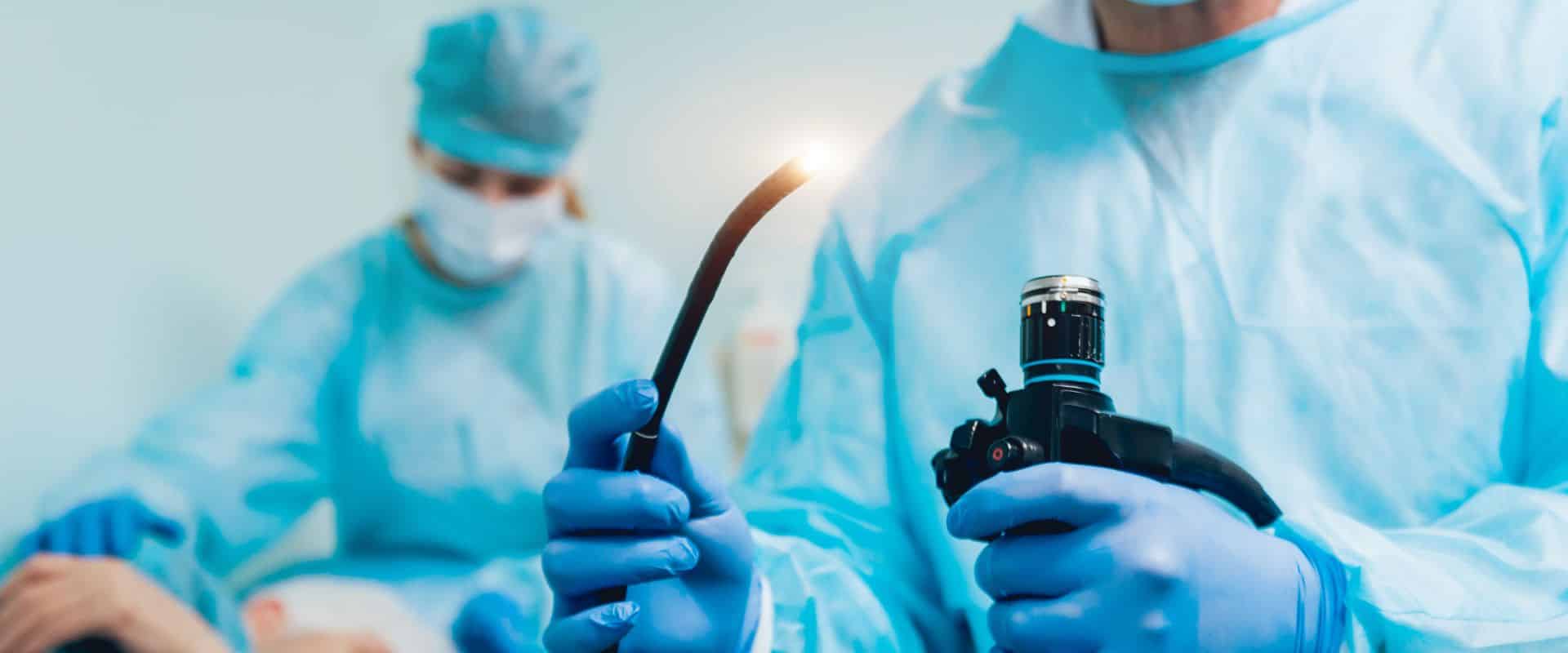Understanding the faecal transplant cost is crucial when planning for your treatment. Faecal transplants have proven effective for conditions such as C. difficile infections, IBS, and IBD. Knowing the factors that affect the price can help you manage your healthcare budget and ensure you make an informed decision about your treatment options.
Faecal transplants involve transferring stool from a healthy donor to a patient’s gastrointestinal system. The procedure is particularly useful in treating conditions like recurrent C. difficile infections, IBS, and other gut-related disorders that don't respond to standard treatments. With high success rates, faecal transplants have become a promising treatment for many individuals facing chronic digestive issues. However, the costs associated with the procedure vary based on several factors, making it important to understand how faecal transplant cost works.
Factors affecting faecal transplant cost
Here are the factors affecting the cost of a faecal transplant in Australia in bullet point format:
Type of procedure – Costs vary depending on whether the transplant is performed as an in-hospital procedure or outpatient treatment.
Where the patient will be treated – Treatments in metropolitan areas tend to be significantly more expensive than those in rural regions.
Doctor and clinic fees – Specialised gastrointestinal surgeons and consultation fees can significantly impact the overall transplant cost.
Donor stool screening and testing – Ensuring safety and compatibility through necessary screenings adds to the expense.
Aftercare services – Follow-up visits and required medications contribute to the total treatment cost.
Insurance coverage for faecal transplants
Here’s what you need to know about insurance coverage for this procedure:
Private health insurance – Health insurance coverage varies depending on the specific insurance plan that you have chosen.
Partial vs. full coverage – Some insurers may offer partial reimbursement, but full coverage is not always guaranteed.
Specialised treatment – Faecal transplants are considered specialised, so policy details should be reviewed carefully.
Insurance policy type – Whether the plan includes hospital or extra cover can affect eligibility for reimbursement.
Additional costs – Specialist consultation fees and follow-up care may not always be covered by your insurance plan.
Is a faecal transplant worth the cost?
Effective for chronic conditions – Beneficial for individuals with gastrointestinal issues that don’t respond to conventional treatments.
Long-term health benefits – Restores gut microbiota balance for some individuals, potentially making the upfront cost worthwhile.
Reduced need for ongoing treatments – Helps patients who haven't found relief through antibiotics or other traditional medications.
Potential cost savings – Successful treatment may reduce the chances of further medical issues and lower long-term healthcare expenses.
Targeted and effective – Provides a specialised approach for conditions like IBS and IBD, which are both common gastrointestinal issues.
It should be noted that this procedure isn’t suitable for everyone and results may vary from person to person.
When should you consider a faecal transplant?
Now that you have an idea about the faecal transplant cost, here’s when you may want to consider having the procedure:
Recurrent C. difficile infections – Recommended for patients experiencing multiple Clostridium difficile infections that don’t respond to antibiotics.
Severe gut microbiome imbalance – If probiotics, dietary changes, or medications have failed to restore a healthy gut flora, a transplant may be needed.
Antibiotic-resistant infections – This can potentially be an option when repeated antibiotic treatments have not resolved a gastrointestinal infection.
Persistent gastrointestinal symptoms – Suitable for those suffering from ongoing diarrhoea, bloating, or malabsorption with no other effective solutions.
As recommended by a specialist – Always consult with a healthcare professional to determine if a faecal transplant is the right option for your condition.
FAQs

In some cases, a faecal transplant may be repeated if the initial treatment is not successful. This decision would be made by your healthcare provider based on your condition and previous results.
Recovery time after a faecal transplant can vary depending on the individual and the type of procedure. Many patients may experience improvement in symptoms within a few days, while others may take a few weeks to notice full benefits. Your healthcare provider will provide more specific information based on your health status and treatment plan.
While antibiotics and other treatments may be cheaper, they may not be as effective in treating chronic gastrointestinal conditions, which makes a faecal transplant a valuable option for many patients.
The price of a faecal transplant is influenced by the procedure type, location, clinic and doctor fees, donor stool screening, and any aftercare services required.
Faecal transplants are highly effective for conditions like C. difficile infections, IBS, and IBD, especially when other treatments have not worked, with success rates often falling between 85 and 95%.
Improve your gut health with a faecal transplant
Persistent gut issues can significantly impact your daily life, from digestive discomfort to frequent infections. A faecal microbiota transplant offers a promising solution for individuals struggling with conditions like C. difficile infections, IBS, or IBD. By restoring a healthy balance to your gut microbiome, it can help reduce symptoms and improve your quality of life.
Before considering a faecal transplant, it’s important to consult with a healthcare professional who can assess your specific needs and guide you through the process. With the right treatment plan, you can take a proactive step towards better digestive health and overall well-being. Don’t let ongoing gut problems hold you back—explore your options today.
